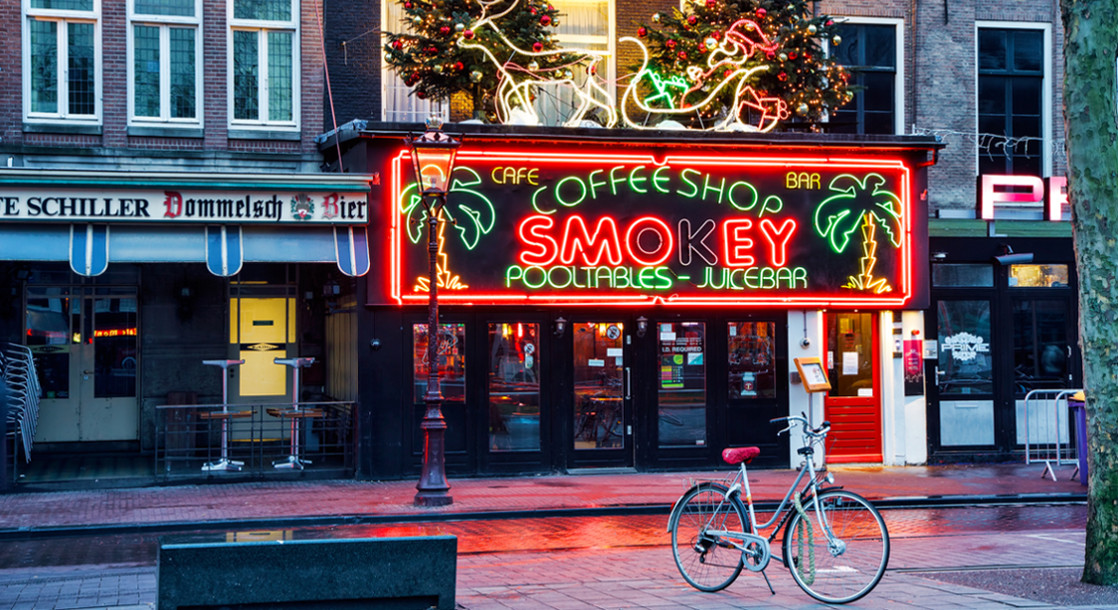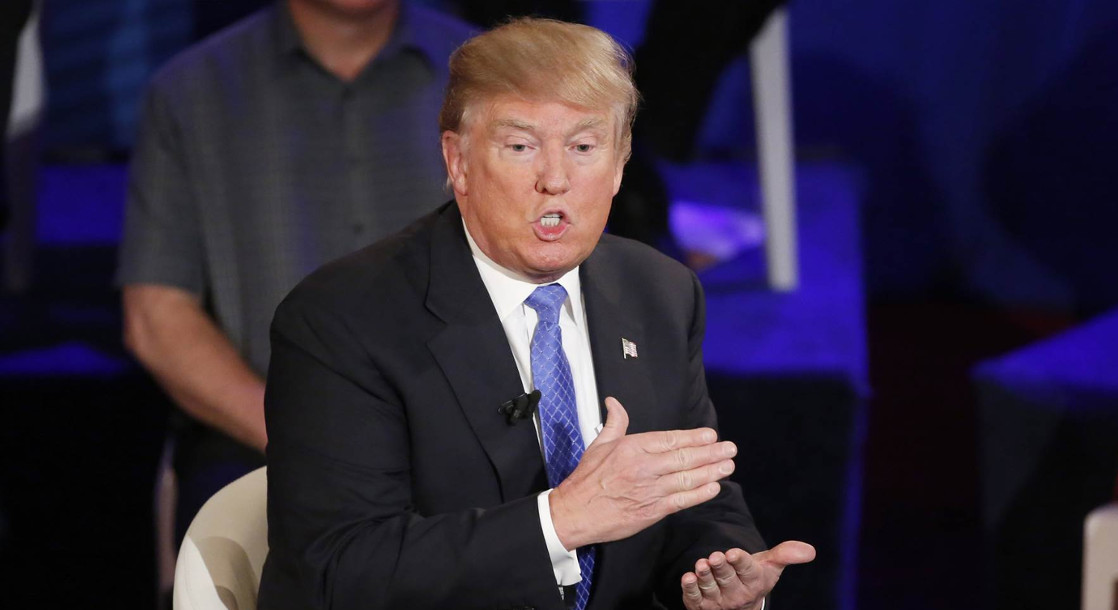Photo via iStock/ sbostock
Legislation for a legal cannabis pilot program in the Netherlands was introduced to Dutch legislators this week, signaling long-awaited reform for the European nation’s complicated cannabis grey market.
According to a report from de Volkskrant, if passed, the Dutch government would implement its legalization pilot program in six to ten municipalities for five years and two months. It’s estimated that at least a year would be needed to prepare local governments and suppliers before actually advancing regulated marijuana sales.
While Amsterdam has long been known for its cannabis-friendly “coffee shops” — where budtending baristas sell up to five grams of weed to tourists and locals alike — marijuana is still, on the whole, illegal in the Netherlands, with those very same social use cafes relying on an unregulated network of black market growers to supply their decriminalized shops.
Now, as part of the newly introduced pilot program bill, up to 10 municipalities could now welcome legal cannabis farming, offering a newly regulated supply chain for coffee shop bud. By finally bringing rules to the country’s weed market, Dutch lawmakers hope that the pilot program will eliminate at least some of the country’s illicit marijuana market.
As the legalization bill currently stands, cities across the country could apply to win a spot in the pilot program, with potential coffee shops and cultivators in the selected regions then subject to a public bidding process before they can be state-certified to begin either growing, distributing, or selling the sweet leaf.
Unlike the current situation in Amsterdam, where loose joints, hash, and edibles are sold without any oversight, the proposed pilot program would require government-approved product testing and standardized warning labels, much like those required by legal weed regulators in 420-friendly states across America.
The legislation also contains provisions for a widespread cannabis education campaign that will warn people about health risks associated with cannabis use and smoking in general. In addition to the public service announcements, the pilot program would include a six-month “reduction phase” that would eliminate the four-year old legal weed industry and see the grey market cannabis market “restored as it existed before the experiment.”
So while the potentially short-term legalization may not shift the Netherlands’ relationship with legal weed in the long run, it would give the liberal European nation a look past its current cannabis predicament, and grant legislators clear data in cannabis reform arguments down the road.
With approval still needed from the Dutch Senate followed by at least a year to establish participating municipalities and operators, the Netherlands’ legal weed program won’t be up and running until at least 2019.











